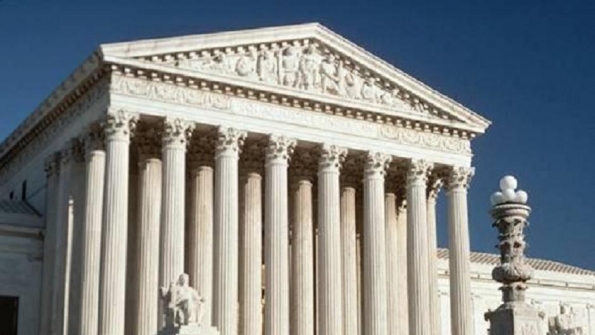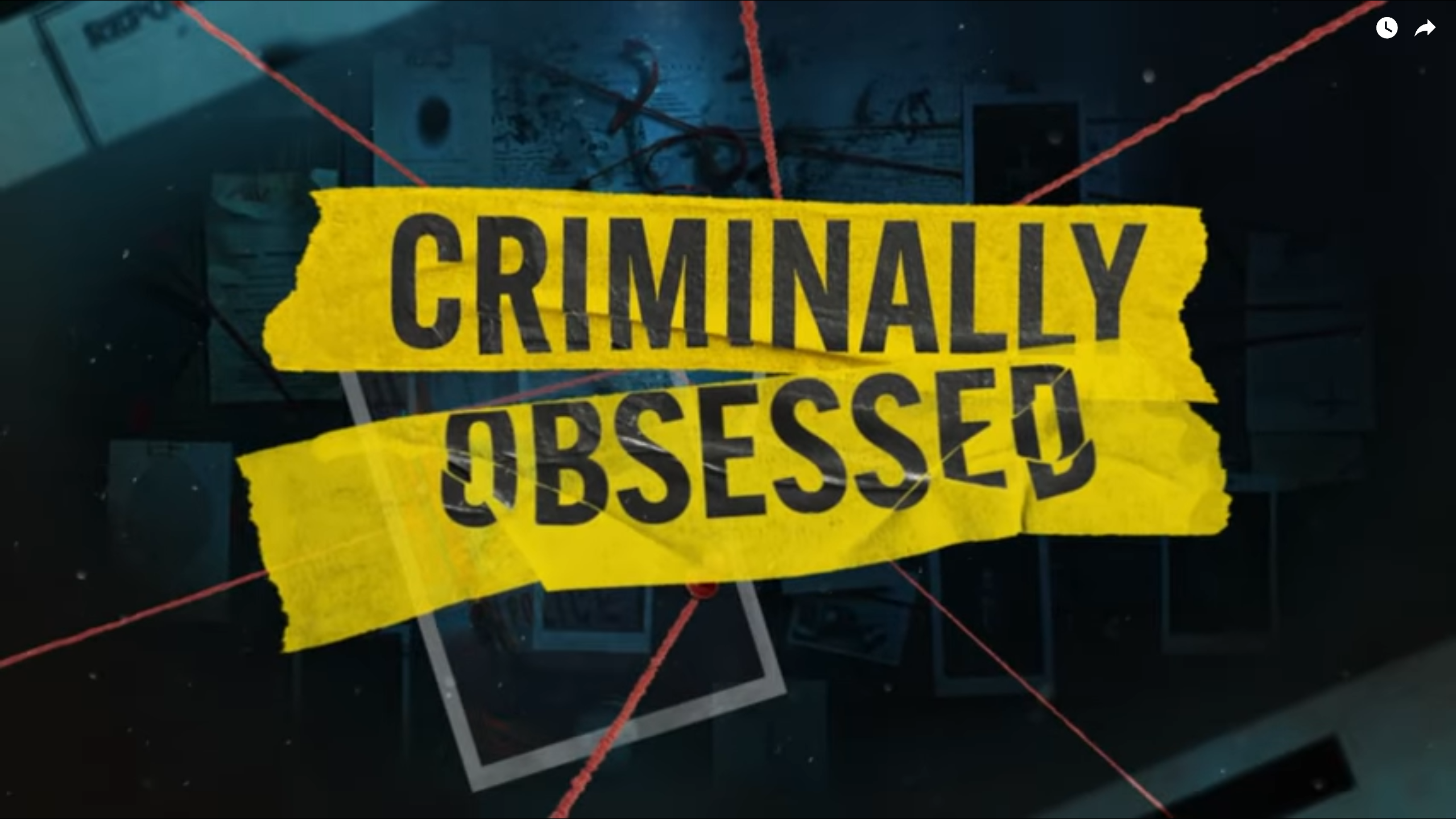FCC’s Carr Applauds Supreme Court’s Decision Upholding Universal Service Fund
Gomez also praised the decision but also urged Congress to reform the fund to withstand further legal challenges

The professional video industry's #1 source for news, trends and product and tech information. Sign up below.
You are now subscribed
Your newsletter sign-up was successful
WASHINGTON—The United States Supreme Court’s decision to reject a challenge to the constitutionality of the Universal Service Fund was immediately applauded by Federal Communications Commission Chair Brendan Carr and commissioner Anna Gomez.
The FCC collects about $8 billion in fees for the USF, which has played a key role in financing telecommunications services to rural and local communities that might not be served by purely profit-driven deployments.
A conservative group called Consumer Research had challenged the constitutionality of the fund and the 5th U.S. Circuit Court of Appeals agreed. That prompted fears that the decision might be upheld by the Supreme Court, which has been steadily rolling back regulatory authority. Last year the Supreme Court struck down the doctrine of Chevron deference in a ruling that severely limits the regulatory authority of federal agencies like the FCC.
In a 6-3 ruling, the Supreme Court disagreed with the 5th Circuit and found that Congress did properly allow the FCC the authority to collect USF fees, which provide about $8 billion a year for telecommunications and Internet services in rural and low-income communities.
In response to the Court’s ruling Consumers’ Research v. FCC, Carr said in a statemen t: “For years, the FCC’s universal service program has played a key role in expanding connectivity and Internet service to Americans in communities across the country. In my time on the Commission, I have had the opportunity to see firsthand the benefits that have come with the connections powered by the agency’s USF program. I am glad to see the Court’s decision today and welcome it as an opportunity to turn the FCC’s focus towards the types of reforms necessary to ensure that all Americans have a fair shot at next-generation connectivity.”
Gomez issued a separate statement saying, “for decades, the Universal Service Fund has been a critical tool for expanding access to and ensuring consumers can afford to be connected. While we must remain clear-eyed about the need to reform the program to secure its long-term sustainability, completely dismantling it—cutting off millions from essential broadband access and jeopardizing the economic stability of rural providers—was never the right approach. I’m glad the Supreme Court has upheld the constitutionality of the USF, providing Congress with the clarity and confidence it needs to continue to pursue a bipartisan, bicameral solution to protect this vital program.”
“Only Congress has the authority to reform the Universal Service Fund in a durable, forward-looking way that can withstand future legal challenges,” she concluded. “I look forward to continued progress from the bipartisan, bicameral working group and remain committed to ensuring that broadband affordability remains a central pillar of any proposal moving forward.”
The professional video industry's #1 source for news, trends and product and tech information. Sign up below.
The full decision is available here.
George Winslow is the senior content producer for TV Tech. He has written about the television, media and technology industries for nearly 30 years for such publications as Broadcasting & Cable, Multichannel News and TV Tech. Over the years, he has edited a number of magazines, including Multichannel News International and World Screen, and moderated panels at such major industry events as NAB and MIP TV. He has published two books and dozens of encyclopedia articles on such subjects as the media, New York City history and economics.

